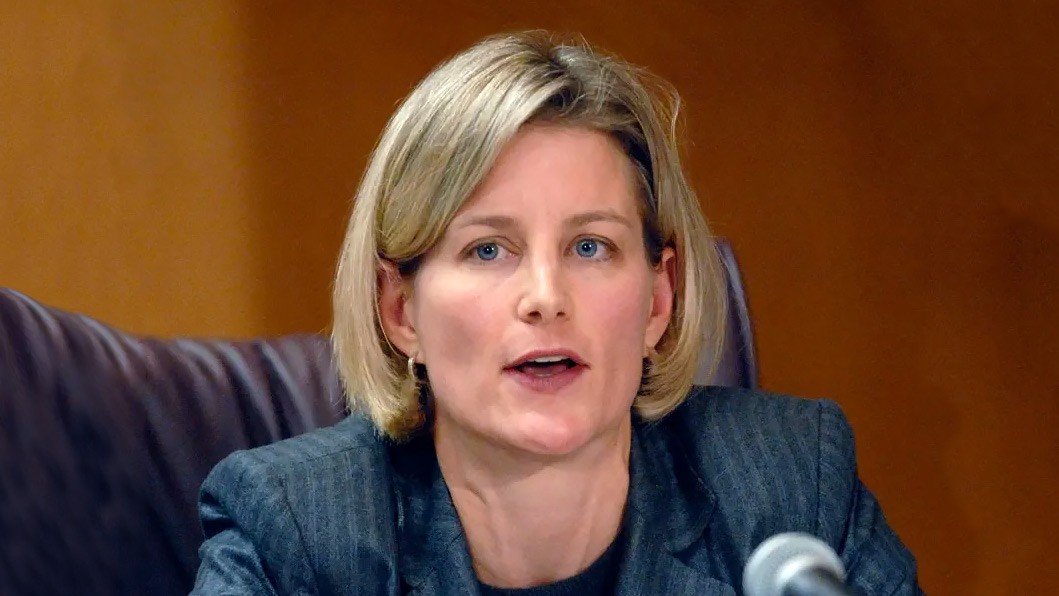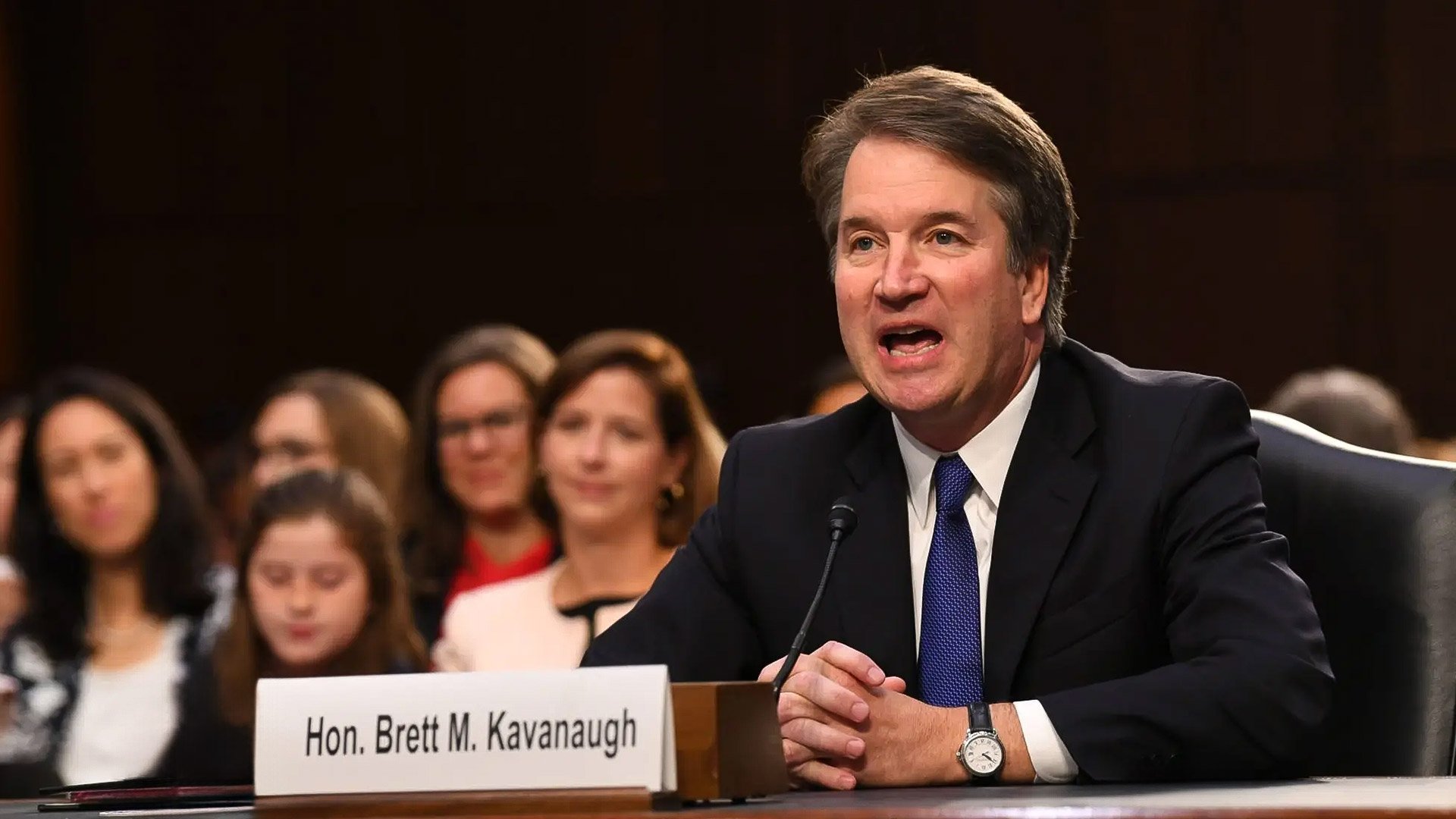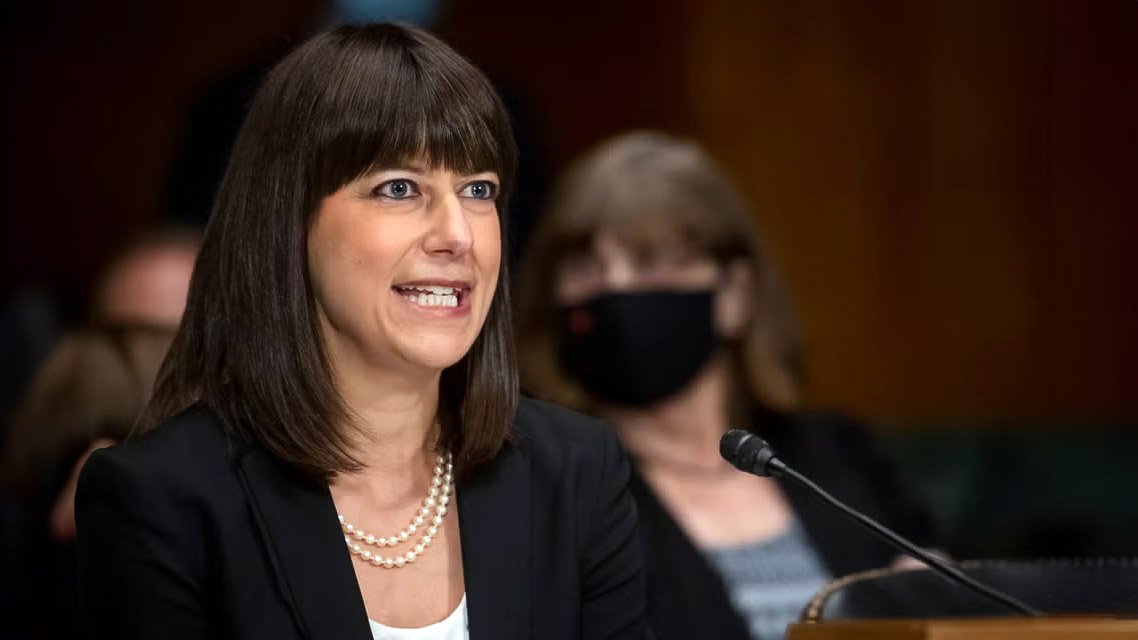The Supreme Court allowed the Seminole tribe of Florida on Wednesday to offer online sports betting on mobile devices throughout the state. The court’s brief order did not give reasons for its ruling, which is typical when the justices act on emergency applications. A separate challenge is pending before the Florida Supreme Court.
Casinos in the state asked the high court to block the tribe’s sports betting deal, arguing it gave the Seminoles a monopoly over the vertical and violated the Constitution. States lack authority over gaming on tribal lands, so tribal gambling follows federal law, with the Indian Gaming Regulatory Act providing a regulatory framework for gambling on tribal lands.
The act allows states and tribes to negotiate deals and those deals are overseen by the federal government. However, since a challenge to the state’s law was not the issue presented to the court, the justice would not address those concerns in the order.
A 2018 Supreme Court decision transformed sports betting in the United States by striking down a federal law that had effectively banned such wagering in most states. Florida’s voters promptly passed a referendum that said expansions of legal gambling would require a further referendum, one that has not materialized.
But that 2018 measure made an exception for “the conduct of casino gambling on tribal lands” when approved under a federal law. Taking a broad view of that phrase, the state entered into a compact with the Seminole Tribe of Florida in 2021, saying that anyone physically present in Florida could place mobile bets at its casinos so long as the computer servers handling the transactions were on tribal land. Such wagers, the 2021 compact said, “shall be deemed to take place exclusively where received.”
Judge Dabney L. Friedrich
In November 2021, U.S. District Judge Dabney Friedrich ruled that the plan ran afoul of the federal Indian Gaming Regulatory Act, which regulates gambling on tribal lands because the deal would allow gambling off property owned by the Seminoles. In her ruling, Friedrich called the theories used to justify the deal “fiction.”
However, in June this year, a three-judge panel on the U.S. Court of Appeals for the District of Columbia reversed the decision by Friedrich, who halted the gambling agreement. The federal appeals court ordered the Department of Interior to reinstate the compact agreement that gave the Seminole Tribe and its Hard Rock brand a monopoly on the gaming vertical in Florida.
West Flagler and Associates, former owner of Magic City Casino and current owner of Bonita Spring Poker Room, argued in its lawsuit that the sports betting plan violated federal law and would cause a “significant and potentially devastating impact” on their operations, adding it violated the equal protection clause of the Constitution. The compact, the casinos’ lawyers wrote, “gives an Indian tribe a statewide monopoly to conduct online sports gaming while simultaneously making such conduct a felony if done by anyone of a different race, ancestry, ethnicity or national origin.”
Justice Brett M. Kavanaugh
In June, the Supreme Court sidestepped an equal protection challenge to another federal law, the Indian Child Welfare Act. But Justice Brett M. Kavanaugh, in a concurring opinion, wrote that “in my view, the equal protection issue is serious.”
“To the extent that a separate Florida statute (as distinct from the compact) authorizes the Seminole Tribe — and only the Seminole Tribe — to conduct certain off-reservation gaming operations in Florida, the state law raises serious equal protection issues,” Kavanaugh wrote, as reported by The New York Times. “But the state law’s constitutionality is not squarely presented in this application.”
U.S. Solicitor General Elizabeth Prelogar
Elizabeth B. Prelogar, the U.S. solicitor general, wrote in response that “the compact, in this case, is an agreement between two sovereigns — the State of Florida and the Seminole Tribe — concerning the tribe’s own conduct of commercial gaming operations within the state.” That agreement between sovereigns “does not implicate race-based equal protection concerns,” she wrote. “A sovereign government has no race.”
Prelogar wrote that the lawfulness of the 2021 compact should be sorted out by the Florida Supreme Court, which is considering a separate challenge. “If the Florida Supreme Court concludes that the Florida Legislature’s authorization of the placement of wagers outside Indian lands is not permissible under the Florida Constitution, that would afford applicants the relief they seek,” she wrote. “That pending case provides the appropriate forum to resolve applicants’ claims based on the meaning of state law.”



















